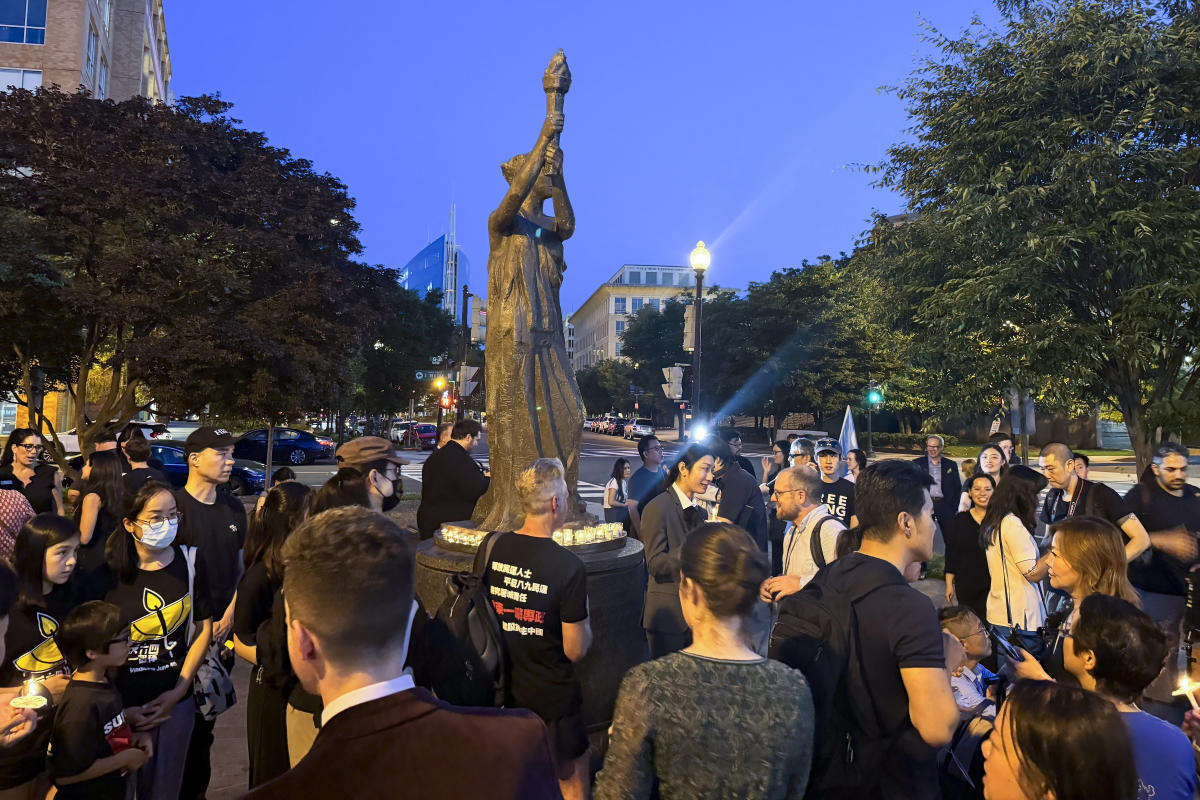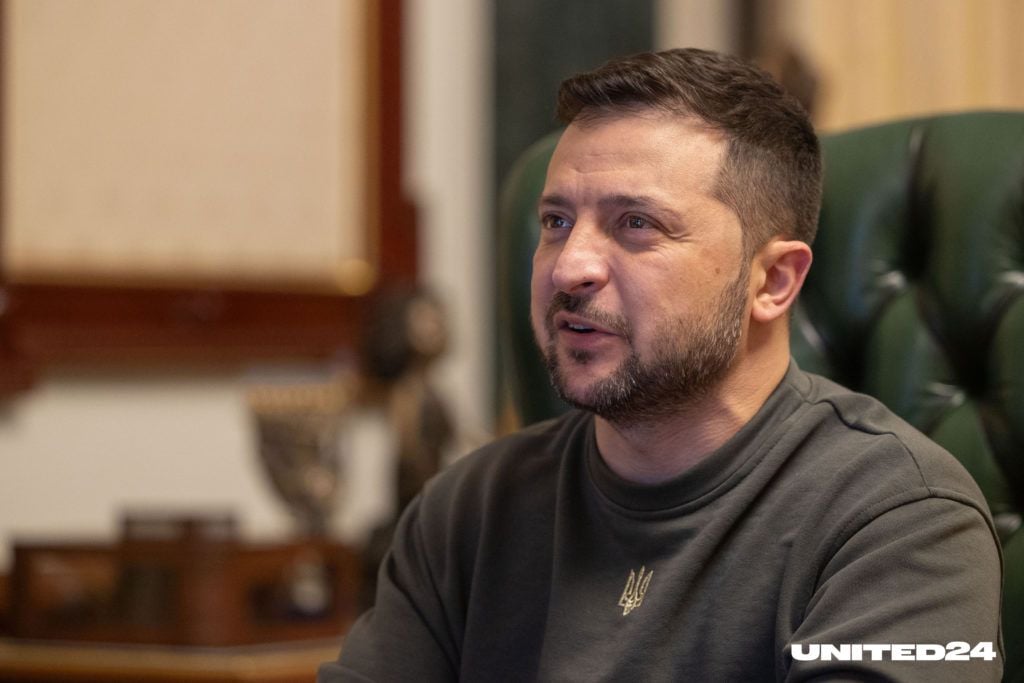“To the best of my knowledge, the Supreme Court has always ruled on all cases heard within a term before ending that term. But have there been any exceptions? Could SCOTUS have simply recessed this term and gone on vacation without issuing a ruling on the presidential immunity case?”
— Lauren T., Glen Ellen, Calif.
Hi Lauren,
The court usually rules in all cases before ending the term. The justices aren’t required to do so — that’s just almost always what happens. But there have been exceptions.
A notable one is the notorious Citizens United campaign finance case, which was decided in January 2010. That’s the one that prompted then-President Barack Obama, in his State of the Union address that year, to lament a decision that he told the nation would “open the floodgates for special interests, including foreign corporations, to spend without limit in our elections.” (Justice Samuel Alito, who was part of the 5-4 majority and was in attendance that night, memorably mouthed “not true.”)
But the expansive result in Citizens United was achieved only after the court in June 2009 set the case for reargument. The court initially heard arguments in March. Instead of deciding the case by June’s end on narrower grounds, it then set a rare September hearing, asking the parties to argue whether campaign finance precedent should be overruled. In its decision the following January, the majority overruled precedent. “Essentially, five Justices were unhappy with the limited nature of the case before us,” Justice John Paul Stevens wrote in dissent, “so they changed the case to give themselves an opportunity to change the law.” In addition to Alito, the majority included Chief Justice John Roberts and Justices Anthony Kennedy, Antonin Scalia and Clarence Thomas.
In retrospect, as this term most recently showed, those were merely the early days of the Roberts Court’s reshaping of the law that has aligned with Republican interests.
A more recent, less shady example of not deciding an appeal in the normal course came in 2019 in an important case about Native American tribal sovereignty called Carpenter v. Murphy. Justice Neil Gorsuch, who replaced Scalia after Republicans blocked Merrick Garland, was recused from the case that came from the appeals court on which Gorsuch sat before his high court appointment.
Without the full complement of nine justices, the court could apparently not break a 4-4 deadlock and put the case back on the calendar for the next term. The justices wound up deciding the issue with another case, McGirt v. Oklahoma, in which the Trump-appointed Gorsuch authored the landmark 5-4 ruling in 2020, siding with tribal interests and joined by the court’s then-four Democratic appointees, over dissent by Roberts, Alito, Thomas and Justice Brett Kavanaugh (who replaced Kennedy).
As for the Trump immunity case, we now know that the court has issued it this term — but only at the very, very end of it. For anyone concerned that pushing the ruling off to the next term would have prevented a trial from proceeding before the election, that ship has probably sailed by now, anyway. As I noted above, if Donald Trump loses the election, the bigger question may be what’s left of the federal election interference case after it goes through the wringer of the court’s newly devised immunity test.
Subscribe to the Deadline: Legal Newsletter for updates and expert analysis on the top legal stories. The newsletter will return to its regular weekly schedule when the Supreme Court’s next term kicks off in October.
This article was originally published on MSNBC.com
Signup bonus from





